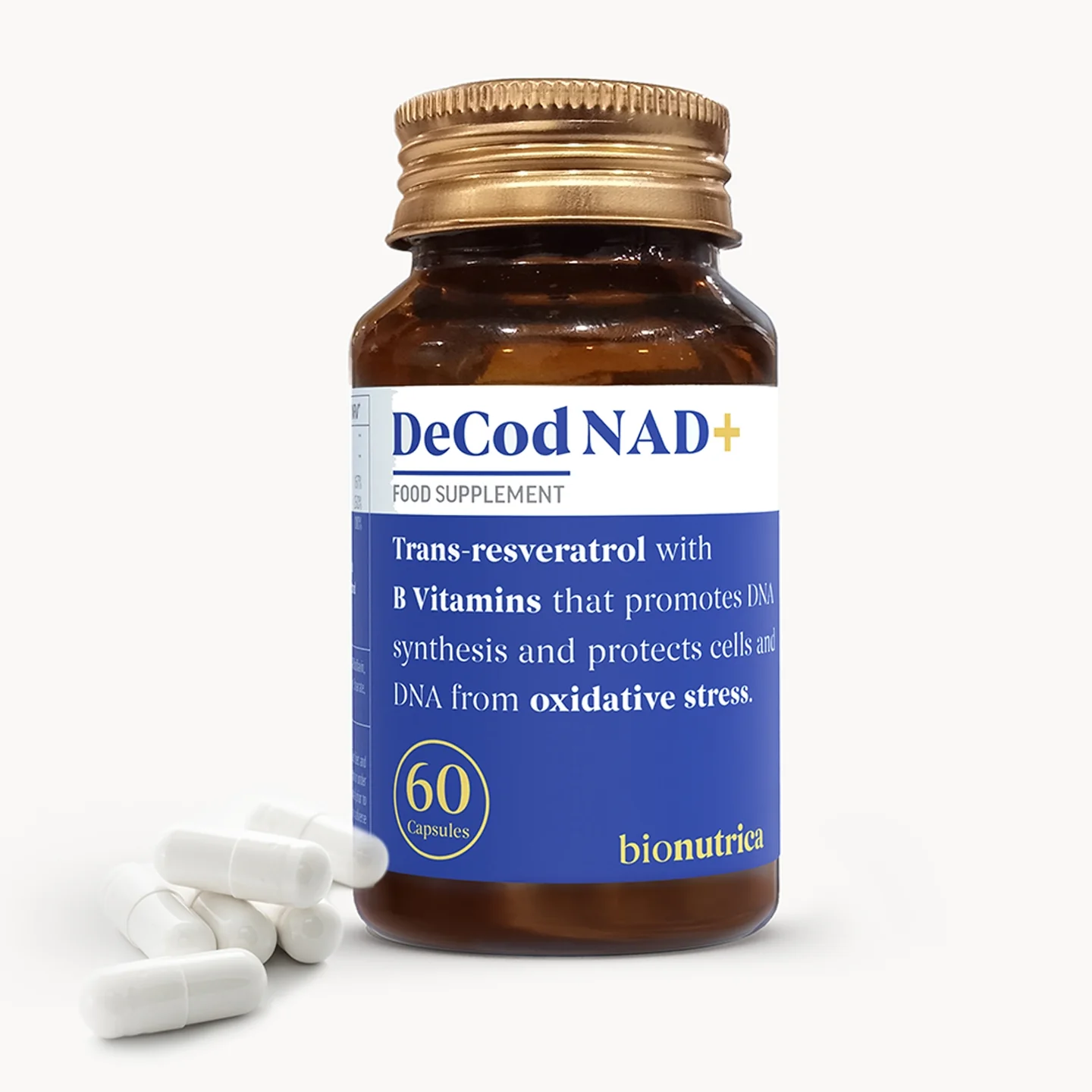Healthy Ways to Reduce and Manage Stress
- Wellness Effect
- Aug 16, 2024
- 3 min read
Recently I've been feeling pretty stressed. Full disclosure, I work a full-time corporate job that's been non-stop basically all year, I'm running my own business, coaching clients and also studying functional health coaching to widen the scope of my business, while also trying to stay healthy and enjoy myself. Life is busy! The stress is unavoidable and I know that it's temporary but that doesn't mean it's not affecting me. Thankfully I have a good routine in place that helps me to manage my stress and also protect my health in this time. Read on to find out how stress can impact your health and get some tips on healthy ways to reduce and manage stress.
Understanding Stress: What It Does to the Body
Stress can trigger the body's "fight-or-flight" response, releasing hormones like cortisol and adrenaline. Short-term stress can be motivating, but chronic stress can lead to a host of issues, including:
Fatigue
Poor sleep
Gut issues
Weakened immune system
Increased risk of anxiety and depression
Stress can also affect cellular health, draining energy and making it harder for the body to repair and rejuvenate.
The Importance of Managing Stress
Reducing stress can help:
Improve mood and emotional well-being
Boost cognitive function
Lower the risk of chronic health conditions
Enhance overall energy levels
The more effectively we manage stress, the better equipped we are to keep ourselves healthy and feeling good.
Natural Ways to Reduce Stress
Incorporating small, consistent habits into your daily routine, can help you can create a more resilient mind and body. Some of my favourite habits that help me to manage stress are:
1. Exercise
Physical activity helps reduce stress hormones like cortisol and releases endorphins, which act as natural mood elevators. I go to the gym three - four times a week, do yoga once a week and walk daily.
2. Mindfulness and Meditation
Practicing mindfulness can help keep your mind in the present, reducing anxiety about the future and stress from past events. I like guided meditations, deep breathing, and yoga to relax me and when I am stressed I use these techniques more often.
3. Adequate Sleep
Poor sleep can exacerbate stress, creating a vicious cycle. Switching off from screens at least an hour before bed, keeping my phone out of the bedroom and also adding plants to the bedroom have helped me improve my sleep.
4. Balanced Diet
Eating whole foods rich in vitamins, minerals, and antioxidants helps your body cope better with stress. I don't compromise with my eating when I'm stressed as it would make me feel worse but to save time and effort I eat simpler meals, like scrambled eggs, vegetables and kimchi for dinner.
5. Supplements
I'm taking NAD+ to help protect my cells and DNA against stress. NAD+ is a coenzyme found in every cell of the body and is crucial for energy production, DNA repair, and overall cellular health. It plays a significant role in how the body responds to stress, both mentally and physically. It helps boost cellular energy, supports brain health, promotes DNA repair and recovery and can help with sleep by regulating your circadian rhythm. I highly recommend NAD+ from Bionutrica, an Irish supplement company that's committed to good quality supplements free from unnecessary additives.
6. Spending time in nature
As mentioned previously, I get out for a walk everyday. Being in nature really helps me reduce my stress, especially when the weather is as nice as it has been recently. Putting my bare feet on the grass or touching trees helps ground me and improves my energy and mental clarity.
Stress may be a fact of life, but managing it with intentional lifestyle choices can dramatically improve your quality of life. By incorporating stress-reducing activities like mindfulness, exercise, and proper sleep, alongside boosting your NAD+ levels, you can support your body at the cellular level and build resilience against life’s inevitable challenges. Don't wait until you're stressed to incorporate these habits, having a strong wellness routine is important so you can utilise it without thinking in the times when you really need it.







Comments